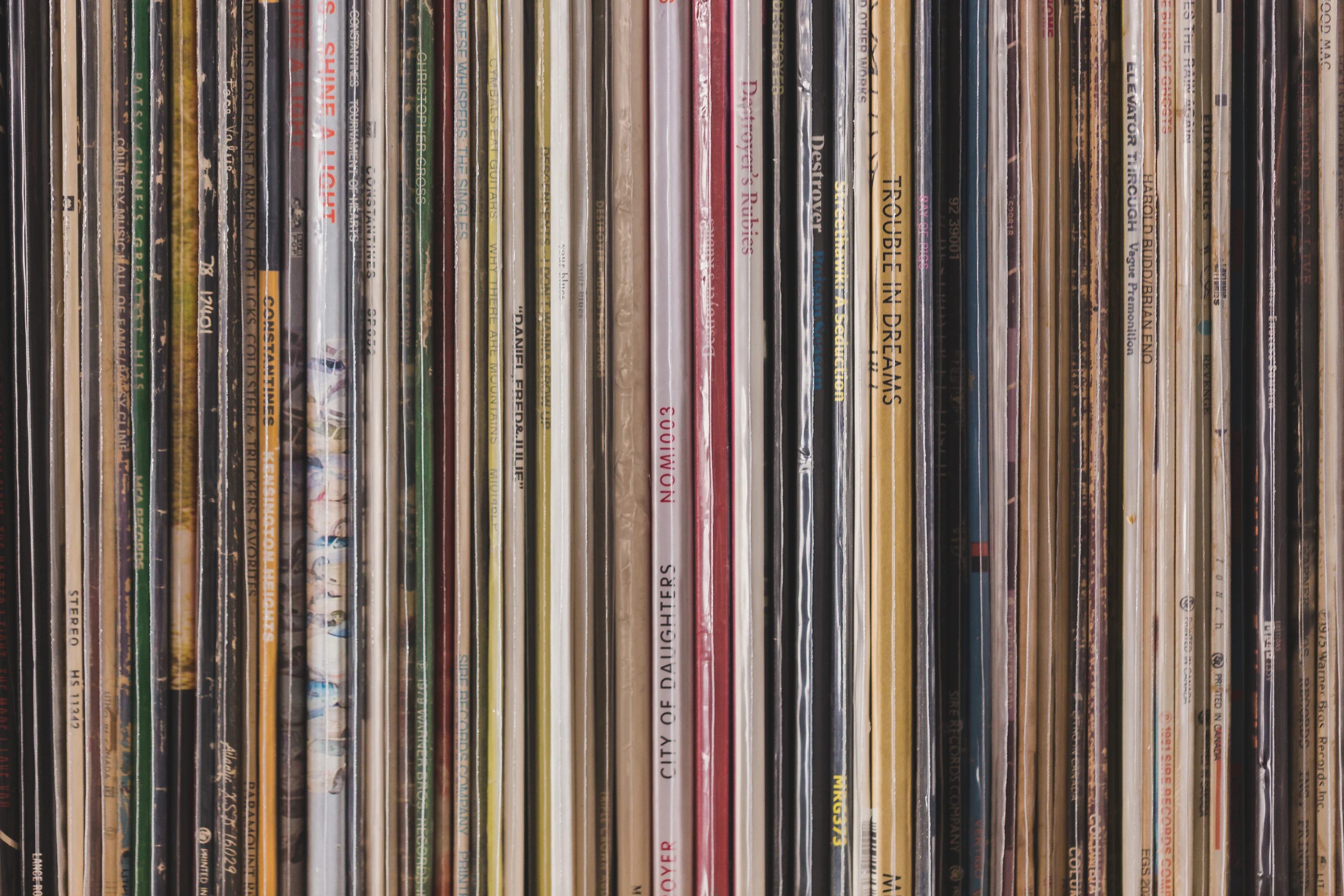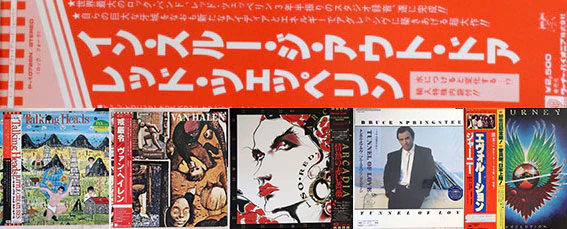All Media
Beatles, The - Let It Be (180g) Vinyl Record
Beatles, The - Let It Be (180g) Vinyl Record
Couldn't load pickup availability
Part of Capitol/Apple’s quintessential Beatles catalog masters series on LP, Let It Be has been remastered by a dedicated team of engineers that includes Guy Massey, Steve Rooke, and Sam Okell with Paul Hicks and Sean Magee. Proper care and a painstaking series of steps were taken to ensure that music lovers would hear the Fab Four in all their glory with unprecedented clarity and transparency.
Controversial due to its involvement of Phil Spector, who actually left a bulk of the work untouched save for a handful of tracks, Let It Be marks a return to a drier, back-to-basics live-in-the-studio sound. The band’s operating rule while making the album was simple: no overdubs.
Capitol’s new LP highlights this characteristic, as the folksy harmonies on “Two of Us” and straight-ahead charge of “I’ve Got a Feeling” demonstrate. Seldom, if ever, were the Beatles so raw and direct. For all of its alleged flaws, Let It Be remains brilliant. And the orchestral and choir arrangements on the Spector-treated “The Long and Winding Road” simply soar.
With EMI’s legendary Abbey Road Studios providing the backdrop, the four-year restoration process combined veteran expertise, state-of-the-art equipment, vintage studio gear, and rigorous testing to net what is without doubt the highest fidelity possible and authentic, jaw-dropping sound guaranteed to rival the original LPs. There is no longer any need to pay hundreds of dollars for Japanese pressings.
At the start of the restoration process, engineers conducted extensive tests before copying the analog master tapes into the digital realm using 24-bit/192 kHz resolution and a Prism A-D converter. Dust build-ups were removed from tape machine heads after the completion of each title. Artifacts such as electrical clicks, microphone vocal pops, excessive sibilance, and poor edits were improved upon as long as it was determined that doing so didn’t at all damage the integrity of the songs. Similarly, de-noising technology was applied in only a few necessary spots and on a sum total of less than five of the entire 525 minutes of Beatles music.
In cutting the digital masters to vinyl, stringent safeguards and procedures were employed. After cutting to lacquer, determined to be warmer and consistent than cutting to DMM, the next step was to use the Neumann VMS80 cutting lathe at Abbey Road. Following thorough mechanical and electrical tests to ensure it was operating in peak condition, engineer Sean Magee cut the LPs in chronological release order. He used the original 24-bit remasters rather than the 16-bit versions that were required for CD production. It was also decided to use the remasters that had not undergone ‘limiting,' a procedure to increase the sound level.
Having made initial test cuts, Magee pinpointed any sound problems that can occur during playback of vinyl records. To rectify them, changes were made to the remasters with a Digital Audio Workstation. For example, each vinyl album was listened to for any ‘sibilant episodes.' vocal distortion that can occur on consonant sounds such as S and T. These were corrected by reducing the level in the very small portion of sound causing the undesired effect.
Similarly, any likelihood of inner-groove distortion was addressed. As the stylus approaches the center of the record, it is liable to track the groove less accurately. This can affect the high-middle frequencies, producing a ‘mushy’ sound particularly noticeable on vocals. Using what Magee has described as ‘surgical EQ,’ problem frequencies were identified and reduced in level to compensate for this.
The last phase of the vinyl mastering process began with the arrival of the first batches of test pressings made from master lacquers that had been sent to the two pressing plant factories. Stringent quality tests identified any noise or click appearing on more than one test pressing in the same place. If this happened, it was clear that the undesired sounds had been introduced either during the cutting or the pressing stage and so the test records were rejected. In the quest to achieve the highest quality possible, the Abbey Road team worked closely with the pressing factories and the manufacturers of the lacquer and cutting styli.
For this project, there was no such thing as too many cooks in the kitchen. Yes, it took a village to get it right.
Track Listing
1. Two of Us
2. Dig a Pony
3. Across the Universe
4. I Me Mine
5. Dig It
6. Let It Be
7. Maggie Mae
8. I've Got a Feeling
9. One After 909
10. The Long and Winding Road
11. For You Blue
12. Get Back
Shipping & Returns
Shipping & Returns
Shipping
We ship within two business days when possible. Remember, Media Mail is cheap but gets very little love from the postal service. Expect long waits and few tracking updates. We recommend USPS Priority or UPS Ground.
Returns
Thirty days if unopened, you pay the postage to us. If the item is defective or the delivery person folded it, please reach out ASAP for us to fix the issue. After 30 days, you own it!
Care Instructions
Care Instructions
Keep away from the sun.
Never place it next to a Justin Bieber record.
Treat it like your grandma, you know if she was a record. Know what I mean? Tender care, don't talk back, and never interupt during Murder She Wrote. Wait - what the hell was I writing about-
Share


Buy More Vinyl, Save More - IMPROVED!
10% discount over $100, 15% discount over $150, 20% discount over $200

Japanese Vintage Vinyl
We import the finest available used vinyl from Japan with grades of Very Good Plus (VG+) and higher only.

